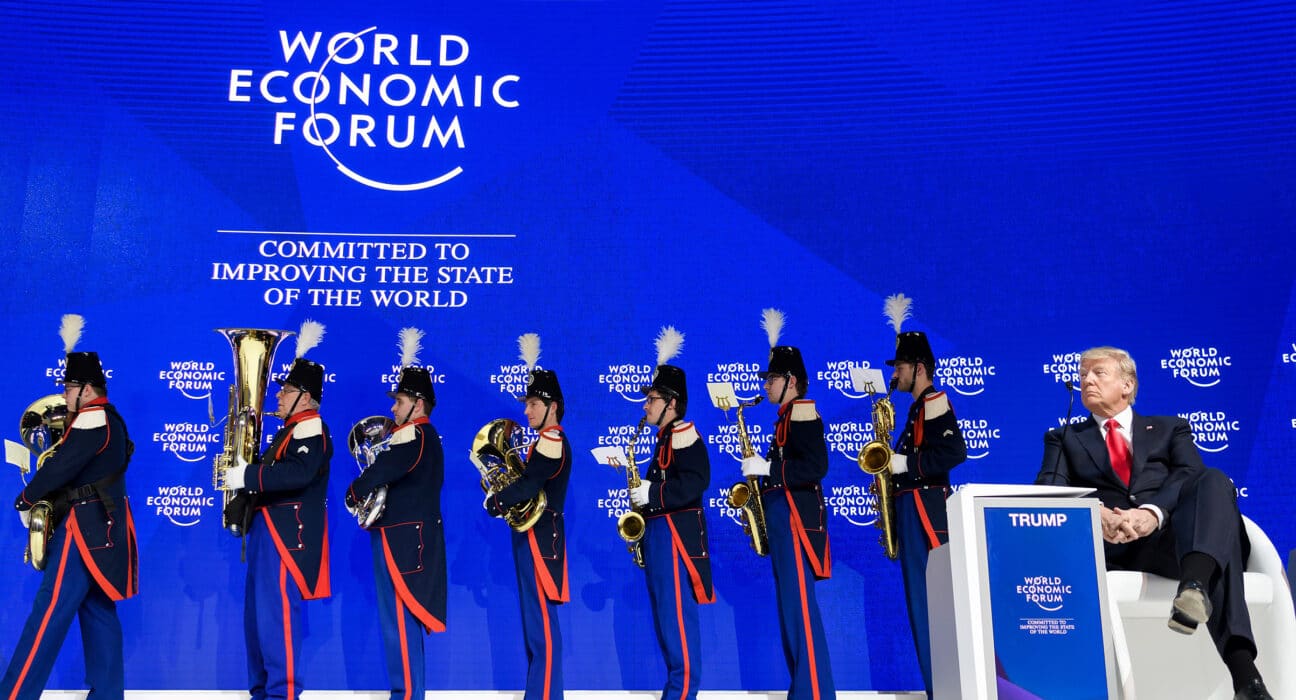On Thursday, the World Economic Forum (WEF) released its Global Standards Mapping Initiative (GSMI) report, which is being hailed as the most comprehensive analysis of blockchain technical standards to date. The report provides a detailed snapshot of the blockchain industry, analyzing efforts across jurisdictions, identifying gaps, and offering actionable guidance for stakeholders.
By compiling data from over 30 technical standard-setting entities, 185 jurisdictions, and 400 industry groups, the GSMI aims to pave the way for the global adoption of blockchain technology.
Key Highlights of the GSMI Report
1. Comprehensive Industry Mapping
The GSMI captures the current state of blockchain standardization, providing a roadmap for addressing challenges and enhancing the ecosystem.
Scope of Data:
- 30 Standard-Setting Entities: Includes prominent organizations like ISO (International Organization for Standardization) and IEEE (Institute of Electrical and Electronics Engineers).
- 185 Jurisdictions: Explores regional approaches to blockchain regulation and adoption.
- 400 Industry Groups: Surveys blockchain consortia and private-sector initiatives.
2. Identification of Gaps
The report reveals critical areas where the blockchain industry needs improvement:
- Terminology Consistency: A lack of standardized definitions for distributed ledger technology (DLT) creates confusion.
- Technical Design Choices: Variability in technical frameworks leads to fragmented ecosystems.
- Jurisdictional Fragmentation: Divergent regulatory approaches hinder cross-border interoperability.
3. Action-Oriented Guidance
The GSMI provides recommendations to bridge these gaps, emphasizing the need for:
- Increased Education: Regulators need better blockchain literacy to make informed decisions.
- Unified Standards: Collaboration across jurisdictions to establish universal technical and regulatory frameworks.
- Industry Collaboration: Encouraging public-private partnerships to harmonize blockchain adoption efforts.
Challenges Highlighted in the Report
1. Regulatory Education
The report emphasizes the importance of educating regulators about blockchain technology to reduce skepticism and improve policy frameworks. A better-informed regulatory environment could foster innovation while ensuring compliance.
2. Premature Standardization
The report warns against setting standards too early, as blockchain technology is still evolving. Premature regulations could stifle innovation and lock the industry into outdated frameworks.
3. Fragmentation
Fragmentation is a major concern, as different jurisdictions adopt varying standards and approaches. This lack of consistency hampers interoperability and global collaboration.
4. Clarity in DLT Design
The GSMI identifies challenges in aligning technical design choices, particularly regarding consensus mechanisms, scalability, and security.
Why Blockchain Standards Matter
1. Interoperability
Standardized frameworks ensure seamless interaction between different blockchain networks, fostering greater adoption.
2. Trust and Transparency
Clear guidelines and consistent terminology build trust among stakeholders, including developers, businesses, and regulators.
3. Global Adoption
Harmonized standards enable blockchain to scale across borders, creating a unified ecosystem for international use cases.
GSMI’s Implications for Public and Private Sectors
The GSMI serves as a vital resource for both public and private stakeholders:
Public Sector:
- Policy Guidance: Helps regulators design frameworks that encourage innovation while ensuring compliance.
- Educational Tool: Offers insights to improve blockchain literacy among policymakers.
Private Sector:
- Strategic Planning: Enables businesses to align with emerging standards for global compatibility.
- Collaboration Opportunities: Encourages partnerships to address shared challenges.
Next Steps for the Blockchain Industry
The report outlines a multi-pronged approach to advance the blockchain ecosystem:
- Enhanced Collaboration: Industry leaders must work together to establish universal standards.
- Investment in Education: Training programs for regulators and developers can bridge knowledge gaps.
- Iterative Standardization: Standards should evolve alongside technological advancements to remain relevant.
- Global Forums: Platforms like the WEF should continue fostering dialogue among international stakeholders.
FAQs About Global Blockchain Standards
1. What is the Global Standards Mapping Initiative (GSMI)?
The GSMI is a comprehensive report by the World Economic Forum that maps blockchain standardization efforts across technical, regulatory, and industry domains.
2. Why are blockchain standards important?
Standards ensure interoperability, build trust, and enable global adoption of blockchain technology.
3. What are the key gaps identified in the report?
The report highlights challenges in terminology consistency, technical design alignment, regulatory education, and fragmented jurisdictional approaches.
4. How does GSMI benefit stakeholders?
The report provides actionable insights for policymakers, businesses, and developers to align their strategies with global trends.
5. What are the next steps for blockchain standardization?
Key steps include enhanced collaboration, investment in education, iterative standardization, and fostering global forums for dialogue.
6. How does the GSMI contribute to blockchain adoption?
By identifying gaps and offering guidance, the GSMI helps stakeholders create a unified and scalable blockchain ecosystem.
Conclusion: A Unified Path Forward for Blockchain
The World Economic Forum’s Global Standards Mapping Initiative is a landmark effort in the blockchain industry. By identifying critical gaps and offering actionable guidance, the report paves the way for a more unified and scalable blockchain ecosystem.
As the blockchain industry continues to evolve, collaborative efforts across public and private sectors will be essential to address challenges and unlock its full potential. With the GSMI as a roadmap, the journey toward a globally standardized blockchain future is well underway.
To explore more insights into blockchain standardization and its implications, check out our article on blockchain trends and innovations, where we analyze emerging technologies shaping the industry.
Disclaimer: The information provided is not trading advice, Bitcoinworld.co.in holds no liability for any investments made based on the information provided on this page. We strongly recommend independent research and/or consultation with a qualified professional before making any investment decisions.


